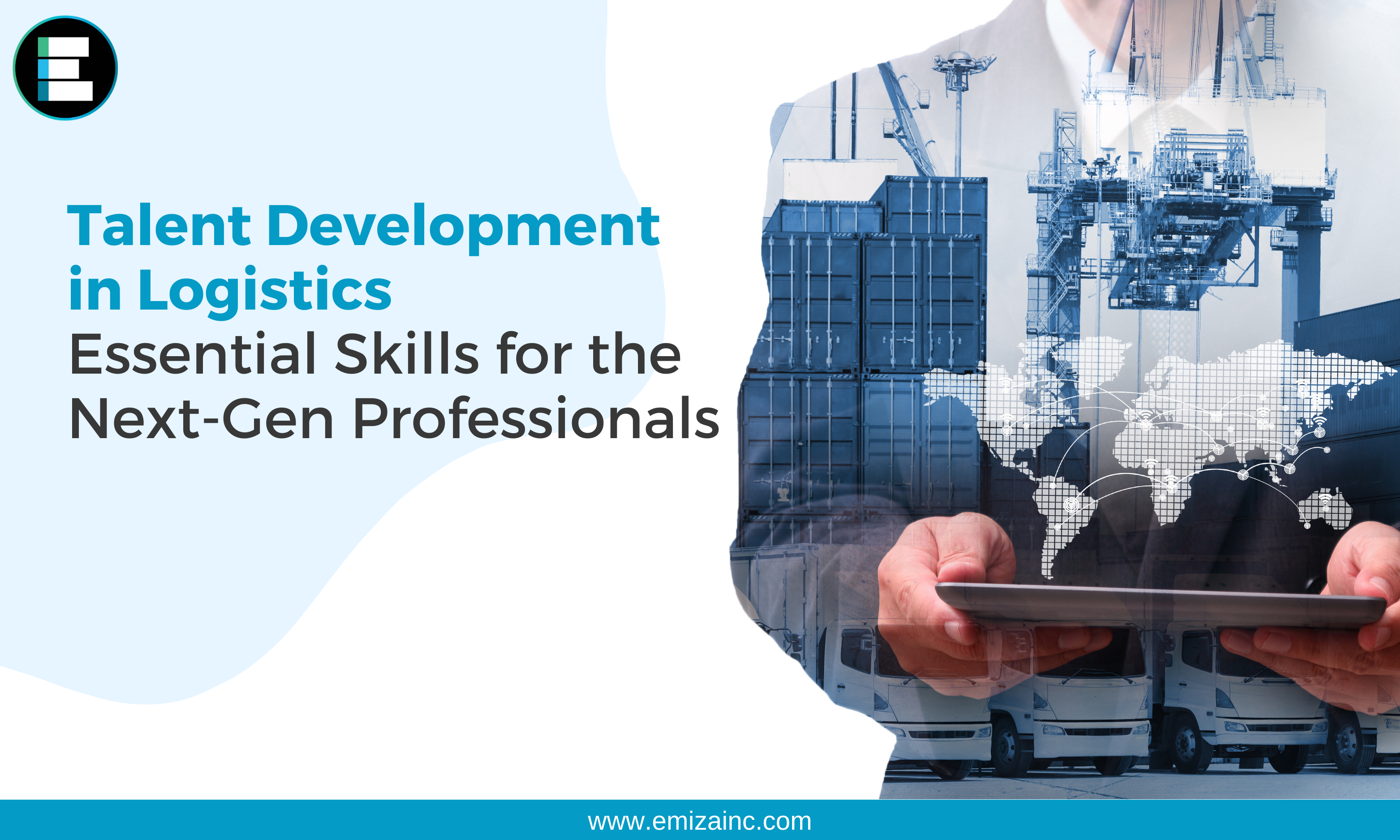The logistics industry stands at a pivotal juncture, propelled by technological advancements, shifting consumer demands, and evolving global landscapes. Talent development in logistics emerges as a crucial focal point, emphasizing the need for a robust skill set among professionals to meet the industry’s burgeoning demands. As the sector evolves, so do the requisites for success. The next generation of logistics professionals must possess a unique blend of expertise, incorporating technological prowess, adaptability, strategic thinking, and a nuanced understanding of the intricate supply chain ecosystem.
Dynamics of the Indian Logistics Sector
The Expanding Logistics Horizon
India’s logistics sector is expanding exponentially, fueled by e-commerce growth, infrastructural developments, and evolving consumer expectations. This growth demands a workforce adept at handling the complexities of modern logistics operations.
Transformative Technological Adoption
The integration of cutting-edge technologies like IoT, AI, and blockchain is revolutionizing logistics processes in India. This shift necessitates a workforce capable of navigating these tech-driven landscapes.
Essential Skills for Next-Gen Logistics Professionals in India
1. Technological Proficiency
- Data Analytics and AI: Understanding and leveraging data-driven insights to optimize logistics operations and decision-making processes.
- Proficiency in Supply Chain Software: Mastery of software platforms for inventory management, route optimization, and warehouse automation.
2. Adaptability and Agility
- Resilience in Change Management: Adapting swiftly to technological advancements and industry disruptions.
- Agile Problem-Solving: Ability to navigate unforeseen challenges and devise innovative solutions in real-time.
3. Cross-functional Collaboration
- Interdepartmental Coordination: Collaborating seamlessly with different departments and stakeholders to ensure smooth logistics operations.
- Vendor and Partner Management: Cultivating effective relationships with suppliers, vendors, and logistics partners for streamlined processes.
4. Supply Chain Sustainability
- Environmental Awareness: Understanding the significance of sustainability in logistics and implementing eco-friendly practices.
- Efficiency Optimization for Green Logistics: Strategizing for reduced carbon footprints and resource optimization in transportation and warehousing.
Showcasing Talent Development Initiatives in Indian Logistics
Case Study 1: Flipkart’s Logistics Institute
Flipkart, a major e-commerce player in India, established the Flipkart Academy of Supply Chain Excellence (F-ASCE). F-ASCE offers specialized programs focusing on supply chain management and logistics, nurturing talent tailored for the e-commerce logistics landscape.
Case Study 2: Mahindra Logistics’ Training Initiatives
Mahindra Logistics, a key player in India’s 3PL (Third-Party Logistics) sector, invests in comprehensive training programs. Their Mahindra Logistics Institute offers skill development courses focused on technological advancements and supply chain efficiencies.
Emerging Trends and Future Directions in Indian Logistics Talent Development
1. Emphasis on Data Literacy
The future demands logistics professionals adept at interpreting and utilizing vast amounts of data to drive informed decisions and enhance operational efficiencies.
2. Integration of Soft Skills
Beyond technical expertise, the significance of soft skills like communication, leadership, and emotional intelligence is gaining prominence in the logistics landscape.
3. Continuous Learning and Upskilling
As technology evolves, a culture of continuous learning and upskilling becomes imperative for logistics professionals to stay relevant in the ever-evolving industry.
Conclusion: Navigating the Path to Logistics Excellence in India
As the Indian logistics landscape charts its trajectory towards innovation and efficiency, the foundation lies in nurturing a talent pool equipped with specialized skills and adaptability. The evolving demands of the industry underscore the critical need for next-gen professionals to embrace technological advancements, foster collaboration, and champion sustainability.
As the industry evolves, the convergence of specialized skills, adaptability, and a commitment to continuous learning becomes the cornerstone for success in India’s dynamic logistics ecosystem.



